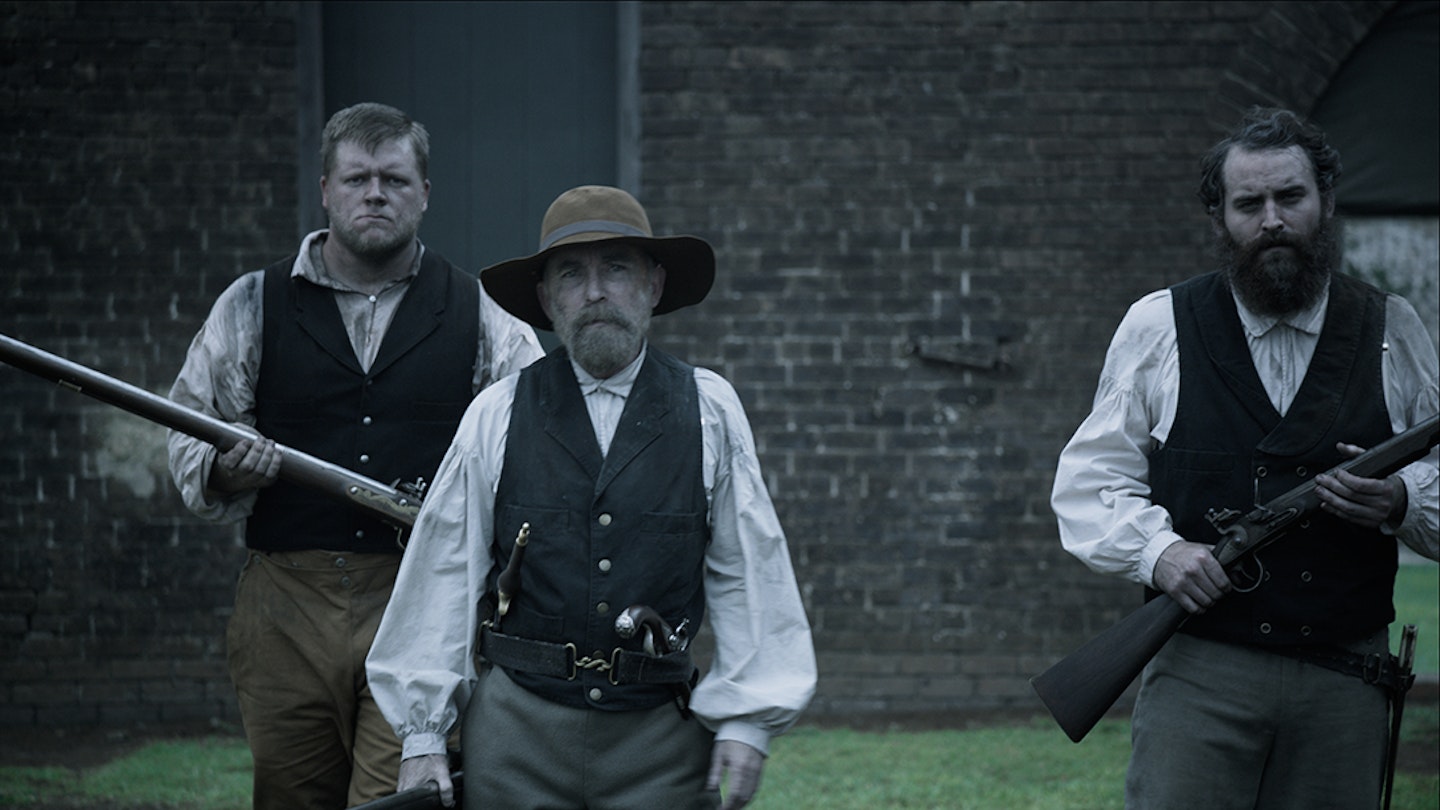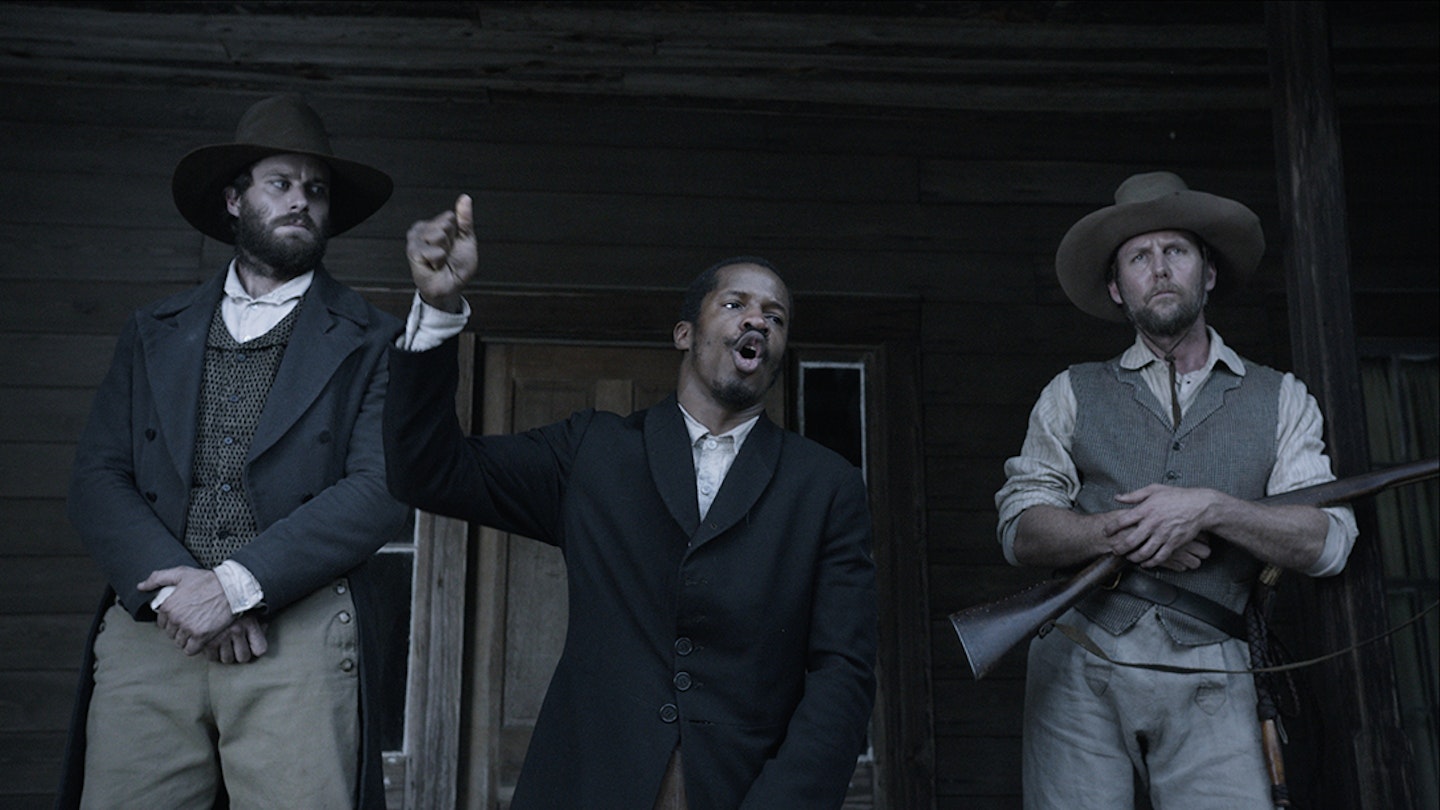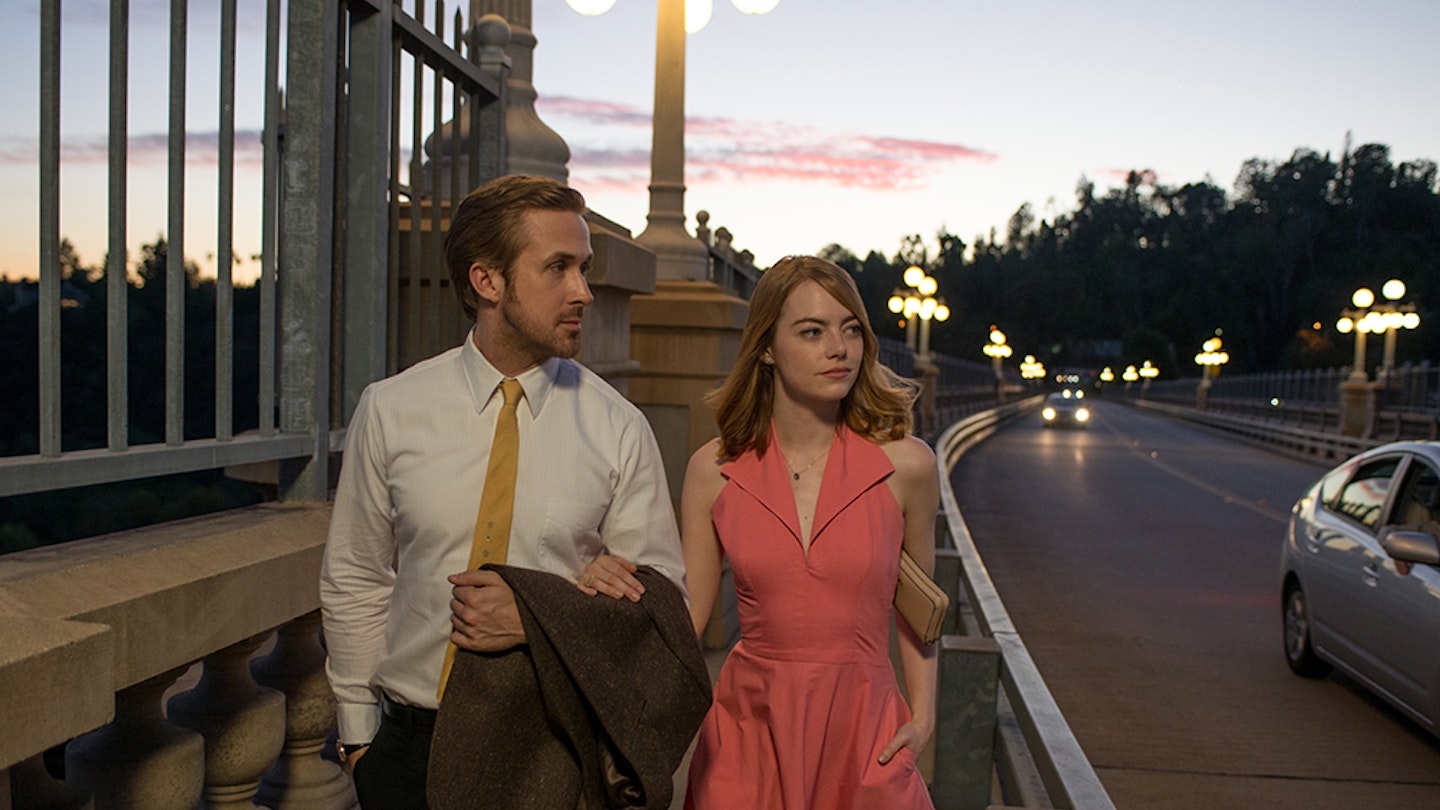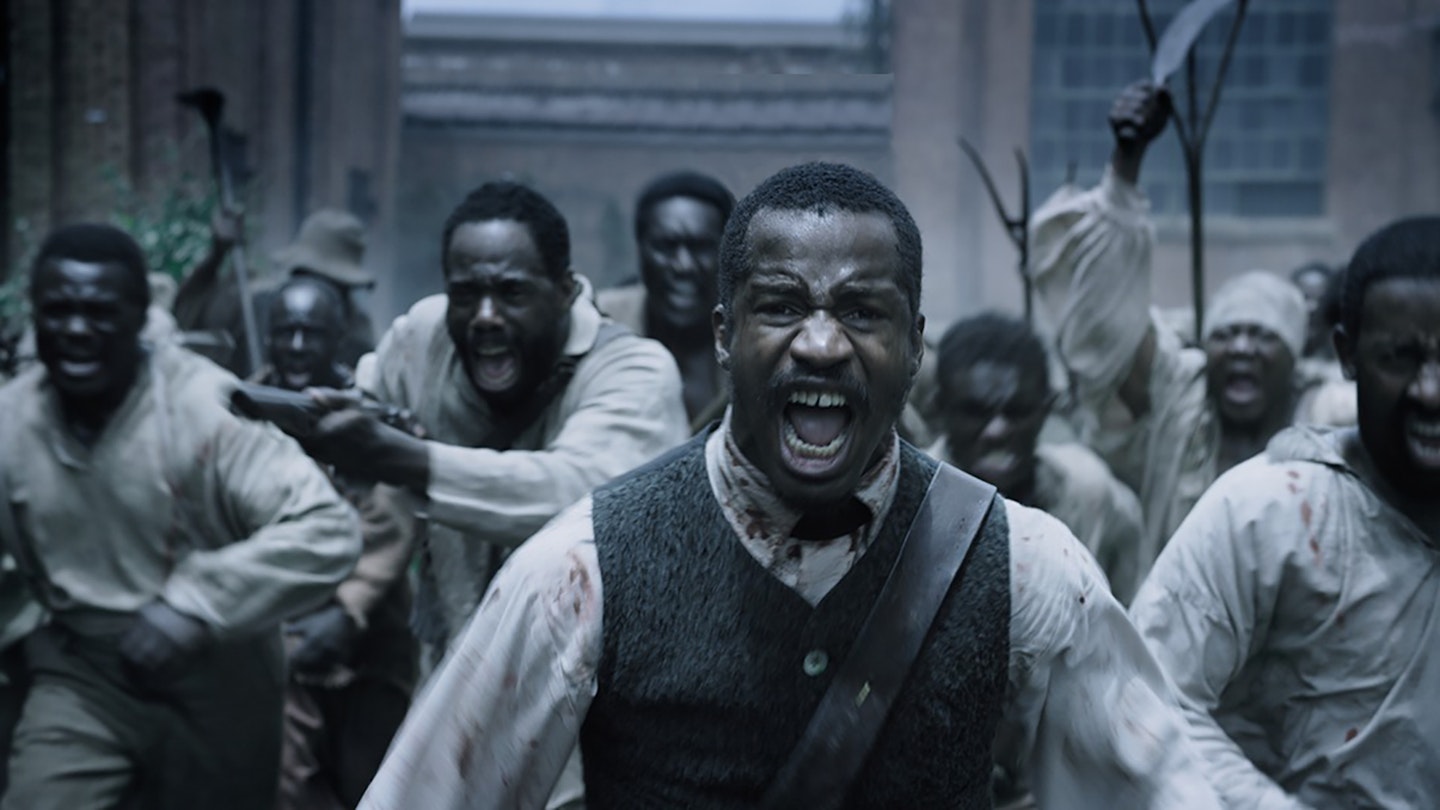Nate Parker’s fierce, flawed paean to one of America’s most contentious figures would, in any normal situation, be crashing into awards season like grapeshot. A name-checking repudiation of D.W. Griffith’s mythologising, racist 1915 epic of the Deep South, it seemed destined to clean up on Oscars night. Then its creator’s own troubled past resurfaced to overshadow it and the buzz dissipated. But the performances are strong, its themes particularly timely in this era of Black Lives Matter, and its protagonist’s stirring arc provides enough stand-out moments to fill an awards showreel on its own.
An occasionally uneven but always gripping work from a first-time filmmaker with genuine fire in his belly.
We’ll never know how successful it could have been. But put aside the rancour and controversy, and you’ll find an occasionally uneven but always gripping work from a first-time filmmaker with genuine fire in his belly. Even more than 12 Years A Slave, a more clear-eyed and elegant but less visceral experience, The Birth Of A Nation broils and brims with quiet rage, eventually bubbling over in a final act that recreates Turner’s 1831 slave uprising in a Tarantino-esque hack-and-slash orgy.
The film opens with Turner (Parker) as a boy, learning to read, witnessing the brutality of slave owners and, thanks to the three distinctive birthmarks on his chest, finding himself proclaimed as a leader by slave elders. At night, those prophecies manifest in disquieting dream sequences, hinting at a higher purpose in life. One gorgeous shot of a sun-kissed cottonfield is abutted by the sight of the young Turner’s hand as it’s pierced by a cotton thorn. As the film shifts forward two decades, the message is clear: this rural idyll is lacquered with the blood of slaves.

The storytelling is at its strongest in a middle section that shows the thoughtful Turner’s oratory skills parlayed into a job as a slave preacher. Hired out by his boozy, debt-stricken master Samuel Turner (Armie Hammer) to his fellow plantation owners, Turner is basically crowd-control with a Bible. Parker perfectly captures a man torn between collaboration and defiance, forced to help prop up a structure he knows is rotten from the ground up. As he witnesses endless cruelties against his fellow slaves, you can feel his blood rising. The relationship between the two Turners, boyhood friends-turned-master and chattel, recalls Dirk Bogarde and Edward Fox in The Servant. One shrinks in stature as the other readies himself to fulfill those childhood prophecies.
The uprising itself — as the history books will testify — was a more compromised act of defiance. Its victims included women and children, not just the two-dimensional villains who fall before its muskets and hachets. A century after The Birth Of A Nation lionised the Ku Klux Klan as Southern nobility, Parker strives to redress the balance but skirts over some of the story’s more inconvenient truths. But if the denouement doesn’t quite ring true, what comes before remains soul-shakingly powerful.






